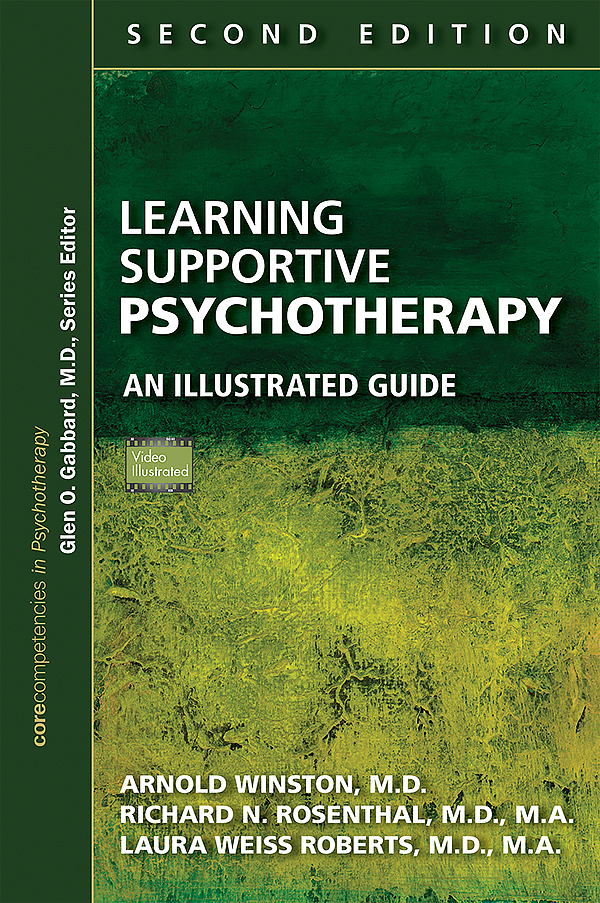Sections
Excerpt
The concept of supportive psychotherapy was developed early in the twentieth century to characterize a treatment approach with objectives more limited than the objectives of psychoanalysis. The objectives of supportive treatment, as initially defined, were not to change a patient’s personality, but rather to help a patient cope with symptoms, to prevent relapse of serious mental illness, or to help a relatively healthy person deal with a transient problem. In more recent years, the domain of supportive psychotherapy has become larger, reflecting changes in the definition—and even more so, in the practice—of psychotherapy. Although customarily explained in terms of its origins in psychoanalysis, supportive psychotherapy is a treatment approach that shares tactics and objectives with the medical management that is familiar to physicians who are entering the specialty of psychiatry.
Access content
To read the fulltext, please use one of the options below to sign in or purchase access.- Personal login
- Institutional Login
- Sign in via OpenAthens
- Register for access
-
Please login/register if you wish to pair your device and check access availability.
Not a subscriber?
PsychiatryOnline subscription options offer access to the DSM-5 library, books, journals, CME, and patient resources. This all-in-one virtual library provides psychiatrists and mental health professionals with key resources for diagnosis, treatment, research, and professional development.
Need more help? PsychiatryOnline Customer Service may be reached by emailing [email protected] or by calling 800-368-5777 (in the U.S.) or 703-907-7322 (outside the U.S.).



